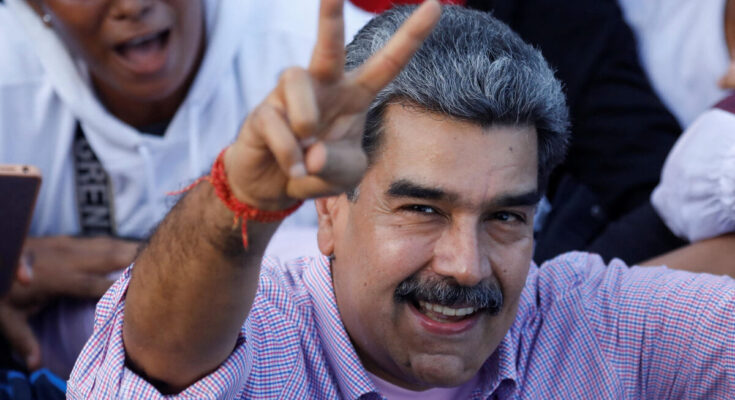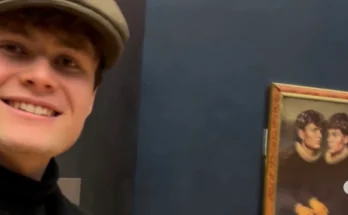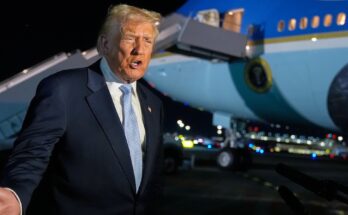Attacks from the sky on ships that were supposed to transport drugs, the deployment of ships in Caribbean waters, the sending of CIA personnel to Venezuela to carry out covert operations… Officially, Washington only carried out large-scale operations against cartels in the Caribbean and the East Pacific.
Behind the scenes, however, some Trump administration officials are now discussing a scenario long considered impossible: post-Maduro. In any case, this is what the media outlet Politico believes, which revealed the outlines of what they call a “draft plan”, referring to the phrase used by Donald Trump, when asked about the future of public health coverage, during his televised debate with Kamala Harris.
Although American attacks have increased since September, and the United States has just deployed its most advanced aircraft carrier in the Caribbean Sea, some of President Trump’s advisers have raised the possibility of negotiating the departure of Venezuela’s head of state, even suggesting exile in a third country: Türkiye, Russia, Azerbaijan or even Cuba. Others envision an arrest followed by a trial in the United States, with Maduro under federal charges for drug trafficking, which he says are baseless.
Yesterday, US Secretary of State Marco Rubio announced that America plans to classify a cartel said to be led by Venezuelan President Nicolás Maduro as a terrorist group. “Sol Cartel (Editor’s Note: Sun Cartel)as well as other foreign terrorist organizations including Tren de Aragua and the Sinaloa Cartel, are responsible for terrorist violence in our hemisphere and drug trafficking to the United States and Europe,” Marco Rubio said in a press release.
Risk of chaos
Another element in America’s strategy to find a way to remove the Venezuelan leader. These reflections are still scattered at the moment, without a structured plan. They circulate between the Departments of State, Defense, Justice, Treasury or the White House, without clear coordination.
The government is also studying the economic impact of possible “futures”: partial sanctions relief, a role for the IMF or World Bank in reconstruction, and how to use the country’s vast oil wealth. Some discussions go further, bringing up the use of private security companies to stabilize post-Maduro power in favor of American interests.
This agitation is still officially denied. The government insists it is targeting “nothing but” transnational criminal networks. Donald Trump himself this Sunday raised the possibility of negotiations with Caracas. “We can have discussions with Maduro, and we’ll see how it goes,” the US president told reporters at Palm Beach International Airport in Florida, adding: “They want to have talks.”
But the signals sent by Washington (the presence of aircraft carriers, the authorization given to the CIA to carry out covert operations, the doubling of attacks near the Venezuelan coast) sparked broader strategic ideas. Some former American officials say that the absence of a coherent plan, if the regime falls quickly, could pave the way to greater chaos: a struggle for influence between factions, the strengthening of cartels or the emergence of a replacement that is even less favorable to the United States.
Venezuela’s opposition, recognized as legitimate by Washington, claims to have its own roadmap for transition. However, it is not related to the current reflection. And in a region already wary of American intervention, Colombia has expressed its frustration at the operation being carried out without consultation.



